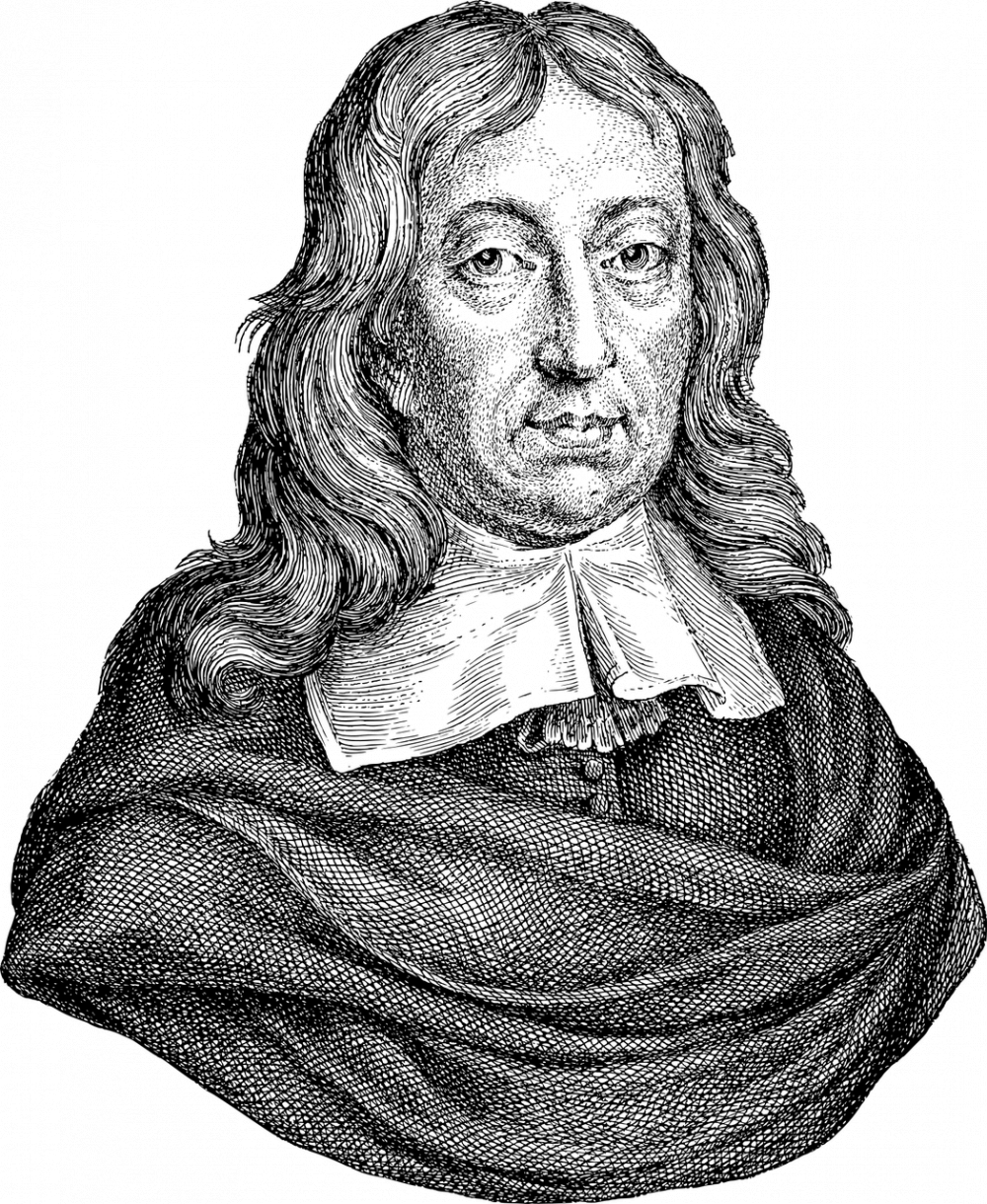George Orwells Animal Farm: An Insight into Power Dynamics and Sociopolitical Commentaries

Introduction:
In the realm of classic literature, George Orwell’s Animal Farm stands tall as a politically charged allegory that continues to captivate readers worldwide. Published in 1945, this satirical novella has transcended time, remaining relevant in its scathing critique of totalitarianism and human nature. Animal Farm serves as a cautionary tale, visualizing the corrupting influence of power and the struggle for equality. This article delves deep into the essence of Animal Farm, examining its historical evolution, and shedding light on its enduring significance.
Historical Background:

Orwell’s Animal Farm finds its roots amidst the tumultuous history of early 20th-century Europe. In the aftermath of the Russian Revolution of 1917, the Soviet Union emerged as a dominant force, led by the Communist Party. Orwell himself witnessed the rise and fall of this revolutionary phenomenon, which greatly influenced the narrative of Animal Farm. The novella’s characters and events draw evident parallels to the Russian Revolution and the subsequent Stalinist regime, highlighting the dangers of absolute power and the perversion of ideology.
Development and Reception:
Upon its publication, Animal Farm garnered immediate praise for its astute portrayal of totalitarianism disguised as ideological utopias. The novella resonated with readers who recognized the universal patterns of oppression and manipulation it depicted. Orwell’s unique blend of anthropomorphic animals and political satire exposed the seductive nature of power, ultimately leading to its abuse and the oppression of the masses.
Over time, Animal Farm reached new heights of popularity, securing its position as a literary masterpiece. Its critical acclaim stemmed not only from its engaging narrative but from the underlying sociopolitical commentaries that it carried. Orwell’s own experiences as a journalist and his relentless pursuit of truth informed the storytelling, making Animal Farm a powerful vehicle for presenting his ideological concerns to a wider audience.
Key Themes and Symbolism:
Animal Farm’s enduring relevance lies in its exploration of several key themes. The central theme of power dynamics unveils itself through the transformation of Manor Farm into Animal Farm, where the animals revolt against their human oppressors. The novella follows the animals’ struggle to establish a society based on equality and justice, only to be hijacked by the opportunist pig, Napoleon. Through Napoleon’s gradual consolidation of power, Orwell exposes the inherent corruption that comes with absolute power, as he becomes the very tyrant the animals sought liberation from.
Furthermore, the symbolism employed throughout Animal Farm adds layers of depth to its commentary. Each animal character represents a specific social or political archetype, allowing readers to draw parallels with real-world individuals and ideologies. For instance, the power-hungry Napoleon embodies Joseph Stalin, while the loyal and naive Boxer symbolizes the exploited working class.
Animal Farm’s Timeless Relevance:
Animal Farm’s historical context may be rooted in a specific period, but its themes and messages surpass temporal boundaries. The novella continues to resonate with contemporary audiences due to its critique of power, propaganda, and the manipulation of truth. Orwell’s warnings about the dangers of unchecked authority find echoes in totalitarian regimes, demagogic leaders, and the erosion of democratic principles throughout history.
As
, Animal Farm remains both a cautionary tale and an intellectual springboard for political discussions. Its extensive relevance is reflected in its inclusion in educational curricula worldwide. By examining the consequences of apathy and the dangers of blind conformity, Animal Farm encourages readers to actively engage with sociopolitical issues and safeguard democratic values.
In conclusion, George Orwell’s Animal Farm stands as a timeless work of literature, addressing crucial thematic concerns that transcend time and place. Its insightful commentary on power dynamics and the manipulation of ideology continues to ignite critical conversations that shape our understanding of human nature and political systems. Animal Farm’s enduring appeal lies in its ability to captivate, provoke, and serve as a reminder that vigilance against abuse of power is essential for a just society.
Sources:
– Orwell, George. Animal Farm. Harcourt Brace, 1946.
– Lewis, Paul. “The Essential Works of George Orwell: ‘Animal Farm’.” The Guardian, 17 Jan. 2011, www.theguardian.com/books/2011/jan/17/animal-farm-george-orwell.











